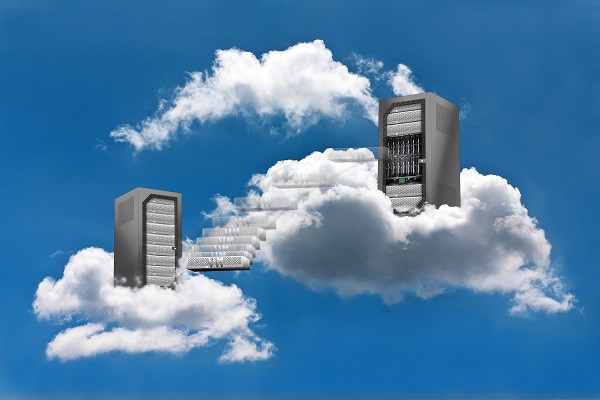
Every cloud has a silver lining…
The ‘cloud’ is a household term for the majority of Australians in 2017 but does everyone actually know how it works?
The reality, as with so many other things, is probably that we know just about enough to see the benefits and not quite enough to prevent catastrophe. The ‘cloud’ essentially refers to a wireless storage system where an external, third-party server houses all your files, emails and anything else you would ordinarily have to back-up. The system means you require internet services to access anything, but means you don’t have to worry about maintaining your own server.
This article is an excerpt: to read the full thing, subscribe to Accom Management Guide.
Email, for example, has worked on this basis for many years; we simply pay a regular fee or subscribe to a remote email host. In general, cloud services tend to cost less than the cost of installing and maintaining an in-house server. The other widely known benefit is the eliminated need for back-up drives and servers. When you store everything in-house, all it takes is a single catastrophe like a fire, flood or simple power cut for you to lose all your data. With cloud services, this is more unlikely as the cloud will have all your data stored in multiple locations as well as in a remote server. You are also able to access the information from multiple devices and locations.
Of course, there are times when having an internal or in-house server comes in handy. Hospitals, for example, often utilise onsite servers because they prefer to keep all their data in-house. Although this type of system will mean paying for the hardware and maintaining constant back-ups, it does enable self-sufficiency and control over the data. From a security point of view this could be beneficial, particularly if some of the data is offline. Having an offline component is also useful in the event of an internet blackout, not to mention it will likely be quicker to access information than with an internet-based service.
[pro_ad_display_adzone id=”15046″]
The key to deciding which approach would work best for your property’s need, is writing out a list of requirements. Often, a solution that has both in-house and cloud capabilities will appeal most. What services do your daily operations demand? Email is a given, but what about document and file sharing? Channel management? Video conferencing or media use? Do you have confidential data you need to encrypt and store? How do you process payments? What is more important to you, accessibility speed or data security or are both equal concerns? These are all things that can be wrestled out in packages with different solution providers; the most difficult part is remembering to ask the questions.
According to Statistica, 81 percent of all global mobile data traffic was mobile cloud traffic in 2014 and this is expected to increase to 90 percent by 2019. So, at a personal level, people are increasingly ‘on the cloud’. Guests, though they might not know exactly how it works, spend a lot of time interacting with cloud servers whether they are watching TV on-demand, sending work emails, video chatting relatives, ubering from the airport or engaging social media platforms. That is one other benefit to cloud services; they have become the casual baseline for many internet users; guests will probably expect you to be on the cloud.
Knowing that most people are on the cloud can actually be a business advantage in tourism. There is a reason Airbnb has been so successful, and that is partly down to its easy, approachable app interface. If your property was able to share ‘commonly asked for’ directions or restaurant recommendations via its cloud-based software, perhaps as an incentive to sign into the wifi, this would be a beneficial way to engage guests where they already are – on the cloud.

AccomNews is not affiliated with any government agency, body or political party. We are an independently owned, family-operated magazine.







